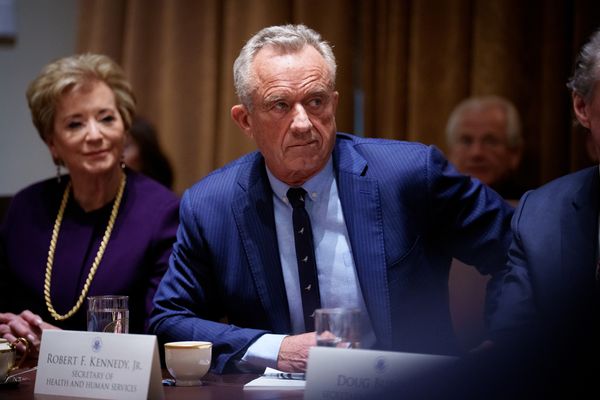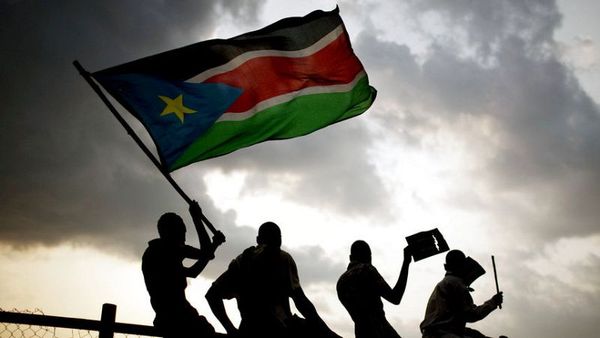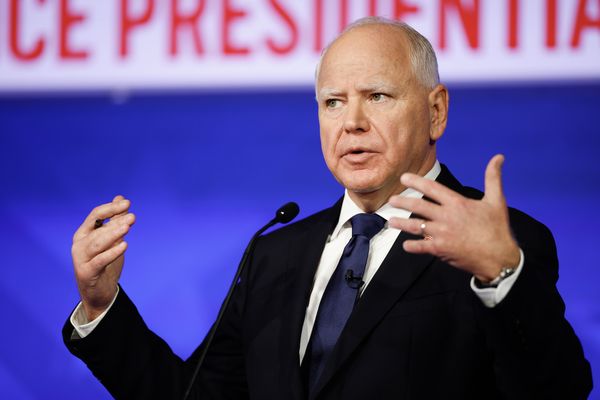
“Wildfires don’t care about wealth or status,” began the New York Times this week, describing the celebrity homes obliterated by fire in California. But what the report didn’t add, leaving it instead to Neil Young’s website, was that climate change cares even less. As President Trump took time out of his busy schedule protecting his hair and insulting the French to blame poor forest management, Young laid it on the line: “As a matter of fact this is not a forest fire that rages on as I write this. We are vulnerable because of climate change.”
In the early stages of the climate crisis, it often felt as if the opposite were true: floods, droughts and heatwaves were always somewhere else’s problem, usually the global south, where they could be chalked up to some pre-existing vulnerability, in a shoulder-shrugging: “OK, so earthquakes aren’t great, but if they’d had better building regulations …” Times moved on. This year, the global heatwave was so pronounced that even habitual climate sceptics – the Sun newspaper, for example – felt moved to point out that the world appeared to be on fire.
Yet nothing brings the environment closer to home than when it affects people who seem a world away, people such as Miley Cyrus and Cher, who you can’t imagine facing any problem more serious than which diamond shoes to pack. If they can’t escape this reality, then it must be real. Right?
If Young was the first celebrity to explicitly name the new normal, there is a distinctive tone to most of the statements: an outpouring not of loss, but of care for the rest of the community, notably, those who have died; statements of gratitude to firefighters; a recognition of what is important – pets, loved ones and other people – versus what is not – bricks, mortar and money. Cyrus and her parter, Liam Hemsworth, have donated $500,000 (£384,000) to victims of the fire. I have no idea what that represents as a proportion of their wealth; still, it’s an unusual and laudable thing, if your first thought, in the face of the charred remains of everything you own, is to give more away.
In short, this is a vivid inflection point in the world’s journey, like a public information film about climate change. If all the money in the world won’t protect you, what is the endpoint of any equation where profit is pitted against the environment? If every star’s first thought is of the people they love, and even Robin Thicke’s second thought is of people he only barely knows (“It’s a great community, it’s a community of wonderful people, a lot of parents whose kids go to the same school as my kid. It’s just devastating”), there is a parable here about priorities, and the hierarchy of needs, and the fundamental nourishment of the human spirit, and it’s delivered – unbelievably – by the people with the best tunes. The devil must be spitting feathers; he thought he had those guys sewn up.
Climate-change denial is dangerous, not because it has major governments by the throat, but because it is shameless: it will reject the facts on a page, and the evidence before its own eyes. It will blame anyone but the real culprits, and marshal that blame to suit a narrative of scarcity and threat. But there does come a point when rhetoric runs out of road, is swallowed up by a more awesome spectacle; the authentic human response to the bite of a reality that can’t be denied for ever.







